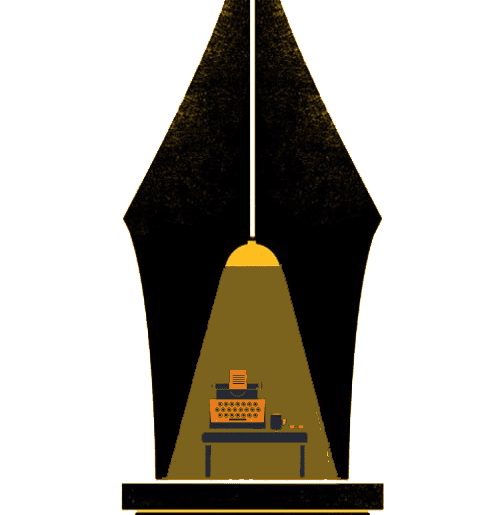The first reaction to North-East Delhi riots, protesters gather at Jantar Mantar for a sit-in protest to demand peace.
Following the riots in the North-Eastern part of Delhi for the past three days, hundreds of protesters gathered on a short notice for a sit-in at Jantar Mantar on 26th February. A quiet crowd was observed comprising not just students but also professors, journalists and many others from different walks of life. People raised slogans such as “I am Ashamed” or “Kab tak mareinge ek dusre ko? Tham jao, bas karo! Iss nafrat ko khatam karo (How long are we going to fight among ourselves? Calm down! Let’s end this hatred)” under the banner of ‘Delhi Wants Peace’.
Multiple speakers addressed the crowd that had gathered there. Vrinda Grover, a lawyer and human rights activist, talked about the role of Delhi police in insuring impunity for the rioters. Navsharan, Karwan e Mohabbat member, addressed the efforts made to ensure availability of medical teams for the injured during the riots. Dipankar Bhattacharya, member of Communist Party of India (Marxist-Leninist), discussed how riots are an attempt to undo the Delhi election mandate. Many other speakers were also heard.
Kavita Krishnan, member of All India Progressive Women’s Association (AIWPA), told DU Beat, “College and university students can play a very big role in mobilising for peace around your colleges and wherever you live. The first thing that you can easily do is go with some flowers or sweets and meet your neighbours. Especially where Muslim students and Kashmiri students are staying. Meet them, understand that they are vulnerable, offer them your friendship and solidarity. Even where there aren’t students, if you know of any locality close by, better to go door to door, whether Hindu or Muslim, distribute sweets and flowers and ask them to be a part of an initiative for peace. Tell them to stop their neighbours from being violent, and protect those in danger.”
The #DelhiWantsPeace meeting today together demanded arrest of Kapil Mishra, Anurag Thakur and all other hatemongers, resignation of Amit Shah and Delhi Police chief, immediate stop to all the violence, rehabilitation and compensation of victims of the violence.
— Kavita Krishnan (@kavita_krishnan) February 26, 2020
Deepika Shergill, another protester, talked about hope in such trying times. “If you’re talking about hope, I actually feel very hopeless and helpless. I’m here as a very concerned Delhi person, a very concerned Indian. I’m trying to find a way how I can make myself relevant to bring this to a stop. When I see that your generation has taken to the street, I do feel that you guys are taking charge. But it’s going to be a long battle. But at least there is a battle; one is not sitting back. Everyone is out here because we all are concerned and I think I take my hope out of it.”
Shahbaz Ansar, a reporter at The Press, also shared his views from a journalist’s perspective. “Mere kayi aise friends hain jinke baare mei abhi tak report nahi hui hai; jinke personal accounts maine sune hain. Jaise meri ek friend hai Sushmita Sinha. Voh kal gayi Jafrabad aur fir tear gas ka usko samna karna pada aur even harassment ka usko samna karna pada. Bohot log yeh saari baatein likhte nahi hain kyunki unke parents pareshan ho jaayeinge. Toh mujhe lagta hai ki jo journalist bohot zyada mehnat kar rahe hain aur in sabh cheezon ko face kar rahe hain aur voh ground pe jakar dekh rahe hain, unse jab aap baat karoge toh voi sare aapko khul kar bataayeinge ki jo police hai voh mili hui hai rioters ke saath. Toh yeh bohot hi alag situation hai kyunki jab rioters ke sath police mil jaati hai toh samajh lo that you are being ruled by criminals. (I have many friends whose encounters haven’t been reported; who’s personal accounts I’ve heard. For instance, I have a friend Sushmita Sinha. Yesterday when she went to Jafrabad, she had to face tear gas and harassment. Many don’t write about these experiences as it might disturb their parents. So I think that the journalists who work hard, face everything and observe everything from the ground would openly claim that the police have joined the rioters. This is a very different situation because when police joins the rioters, then we may conclude that we are being ruled by criminals).”
Feature Image Credits: Aditi Gutgutia for DU Beat
Aditi Gutgutia





